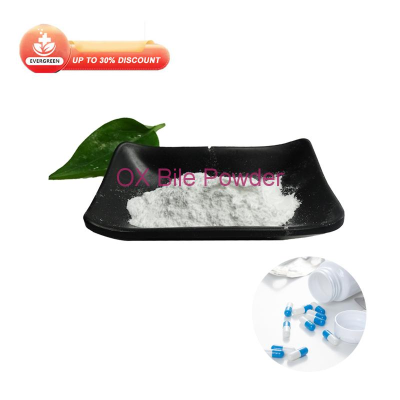-
Categories
-
Pharmaceutical Intermediates
-
Active Pharmaceutical Ingredients
-
Food Additives
- Industrial Coatings
- Agrochemicals
- Dyes and Pigments
- Surfactant
- Flavors and Fragrances
- Chemical Reagents
- Catalyst and Auxiliary
- Natural Products
- Inorganic Chemistry
-
Organic Chemistry
-
Biochemical Engineering
- Analytical Chemistry
- Cosmetic Ingredient
-
Pharmaceutical Intermediates
Promotion
ECHEMI Mall
Wholesale
Weekly Price
Exhibition
News
-
Trade Service
| New research reveals why cabbage is so rich in intra-species differentiation |
The genetic relationship of 524 cabbage varieties Photo courtesy of the Chinese Academy of Agricultural Sciences
Relationship of 524 cabbage varieties Photo courtesy of Chinese Academy of Agricultural Sciences Photo courtesy of 524 Chinese cabbage varieties relationships Photo courtesy of Chinese Academy of Agricultural Sciences
The structural variation in BrPIN3.
3 is related to the domestication of Chinese cabbage leaf bulbs.
Image courtesy of theChinese Academy of Agricultural Sciences
3 is related to the domestication of Chinese cabbage leaf ball.
Photo courtesy ofChinese Academy of Agricultural Sciences Photo courtesy ofChinese Academy of Agricultural Sciences
Recently, " Genome Biology " ( Genome Biology ) published online the vegetable molecular design and breeding innovation team of the Institute of Vegetables and Flowers of the Chinese Academy of Agricultural Sciences revealed the mechanism of polyploidization and structural variation on the intraspecific differentiation of cabbage
.
The study identified important candidate genes related to the domestication of head cabbage, and obtained abundant genomic variation of cabbage species
.
"Genome Biology" ( Genome Biology ) published online Genome Biology
According to Wang Xiaowu, the corresponding author of the paper, cabbage is an important vegetable of the Brassica genus with extremely high diversity within the species
.
Based on the large-scale re-sequencing data of cabbage, the study selected 16 different types of cabbage resource materials, including representative Chinese cabbage, Chinese cabbage, Chinese cabbage, oily cabbage and turnip, for genome de novo assembly
.
In addition, studies have found that during the process of intraspecific differentiation of cabbage, the loss of gene bias continues, and the subgenomic advantage of cabbage continues to expand
.
The results of the study indicate that in addition to the "two-step evolution" that leads to the formation of subgenomic dominance in cabbage, genome composition may be another important factor leading to the formation of subgenomic dominance
.
The research was supported by the National Natural Science Foundation of China, the National Key Research Project Program and the Science and Technology Innovation Project of the Chinese Academy of Agricultural Sciences
Related paper information: https://doi.
https://doi.
org/10.
1186/s13059-021-02383-2







